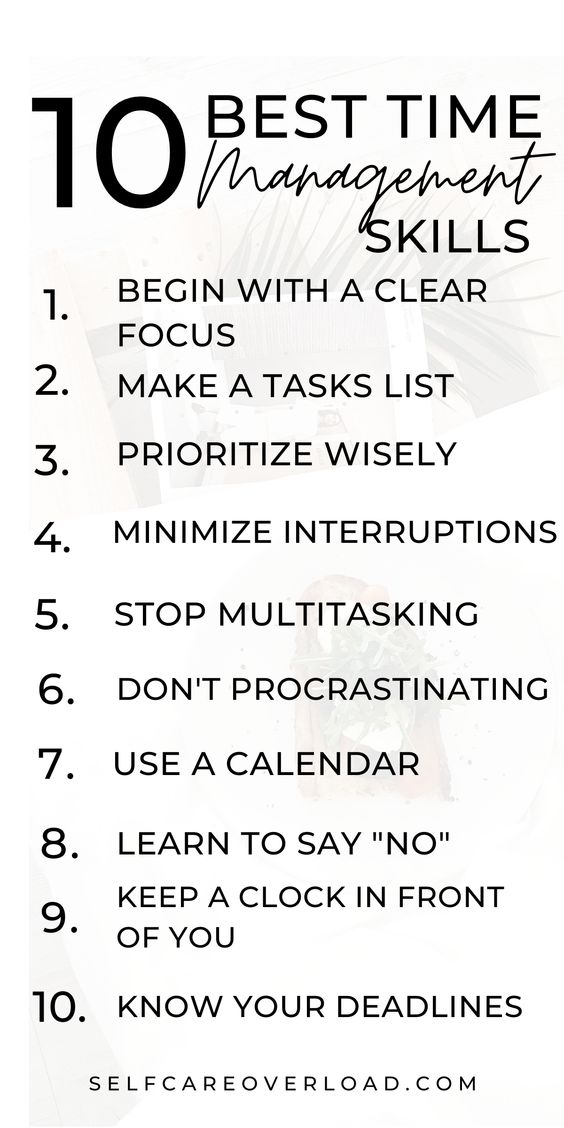As professionals, we all have a common enemy: time. The precious commodity that we never seem to have enough of. The ability to manage time effectively is essential to success in any field. However, many people overlook the importance of time management skills because it is considered a soft skill. In this article, we’ll explore why time management is considered a soft skill and why it’s critical for professionals to develop it.
What are Soft Skills?
Before we dive into why time management is considered a soft skill, let’s define what soft skills are. Soft skills refer to a set of interpersonal skills that determine how we interact with others. These skills are critical for building and maintaining relationships, communicating effectively, and collaborating with others. Unlike hard skills, which are technical or job-specific skills, soft skills are transferable across various roles and industries.
Time Management as a Soft Skill
Time management falls under the category of soft skills because it relates to how we use our time to accomplish tasks and meet objectives. This skill is essential in all aspects of life, both personal and professional. Time management skills require us to prioritize tasks, set goals, and manage our time efficiently. These skills are not specific to a particular job or industry but are relevant to everyone.
The Importance of Time Management in the Workplace
Effective time management skills are vital in the workplace. Without proper time management, employees can become overwhelmed and stressed, which can lead to burnout and decreased productivity. Professionals with strong time management skills are better equipped to manage their workload and complete tasks efficiently, making them valuable assets to their organizations.
Benefits of Effective Time Management
There are numerous benefits to developing strong time management skills. Professionals with these skills can:
– Reduce stress and avoid burnout
– Improve productivity and efficiency
– Meet deadlines and achieve goals
– Maximize the use of their time
– Improve their work-life balance
How to Develop Time Management Skills
Developing time management skills requires persistence and dedication. Some tips for developing these skills include:
– Prioritizing tasks based on importance and urgency
– Breaking down large tasks into smaller ones
– Creating a schedule or to-do list
– Minimizing distractions and time-wasting activities
– Leveraging technology to manage time effectively
Conclusion
In conclusion, time management is a critical soft skill that all professionals should develop. Effective time management skills will not only improve productivity and efficiency but also enhance the overall quality of life. It’s never too late to develop these skills, and professionals should make a conscious effort to prioritize time management in their personal and professional lives.
About the Author
[Insert an author bio here]
You might find these FREE courses useful
- Fundamentals of financial and management
- Introduction to Budgets in Microsoft Azure Cost
- Engineering Project Management: Scope
- Budgeting and Scheduling Projects
